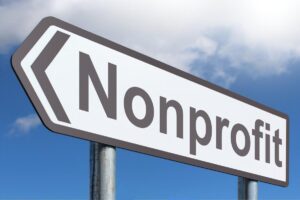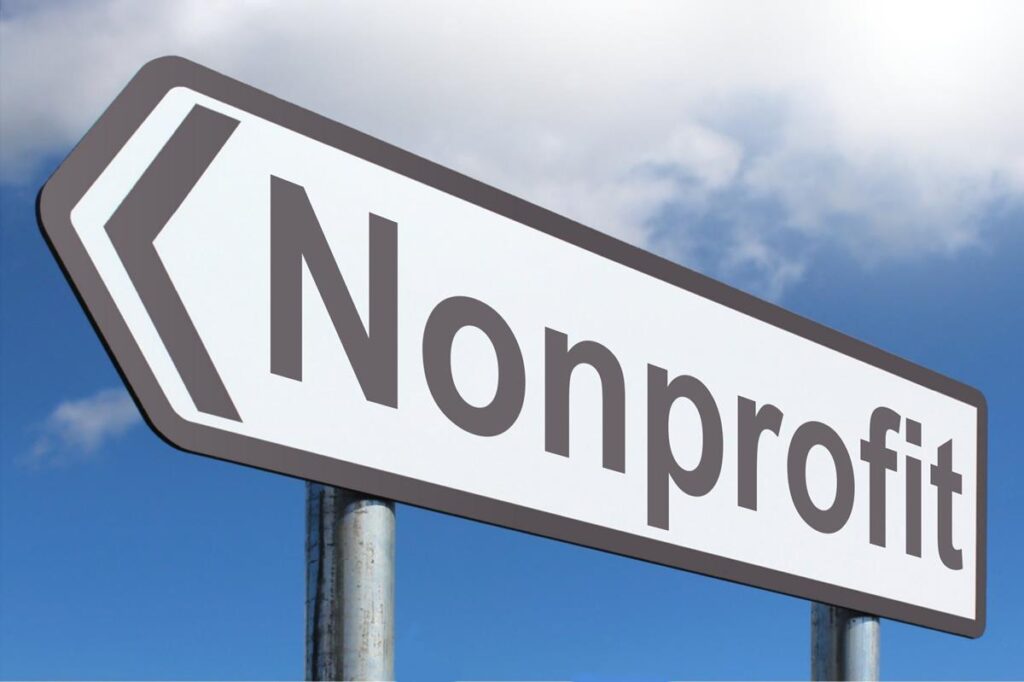Data science can be very valuable for non-profit organizations in a number of ways.

Here are some examples of how data science can be applied in non-profit organizations, along with the benefits and use cases:
- Donor analytics: Non-profit organizations can use data science to analyze their donor data in order to better understand their supporters and identify trends in giving. This can help them tailor their fundraising efforts and outreach to be more effective. For example, they could use data to identify the most effective channels and times for donor outreach, or to segment donors based on their giving patterns and preferences.
- Program evaluation: Non-profit organizations can use data science to evaluate the effectiveness of their programs and services. This can help them understand what is working well and what needs improvement, and make data-driven decisions about how to allocate resources. For example, they could use data to track program outcomes and measure the impact of their interventions on the populations they serve.
- Social media analytics: Non-profit organizations can use data science to analyze social media data in order to better understand their audience and engage with supporters. This can help them identify the most effective messaging and communication strategies, as well as monitor and respond to feedback from supporters. For example, they could use data to track social media engagement and sentiment, or to identify key influencers in their community.
- Volunteer management: Non-profit organizations can use data science to manage their volunteer programs more effectively. This can help them identify the most committed and effective volunteers, as well as tailor volunteer opportunities to meet the needs of their organization and volunteers. For example, they could use data to track volunteer hours and preferences, or to match volunteers with tasks based on their skills and interests.
Non-profit organizations that are using data science and analytics are enjoying a range of benefits, including:
- Better understanding of their target audience: Non-profits are able to use data science to gain insights into the demographics, behavior, and preferences of their target audience. This helps them to tailor their messaging and programs to better resonate with their audience, and ultimately increase their impact.
- Improved fundraising: Non-profits are able to use data science to identify potential donors and analyze donor behavior. This helps them to target their fundraising efforts more effectively, and ultimately increase their revenue.
- Enhanced program effectiveness: Non-profits are able to use data science to measure the impact of their programs, and identify areas for improvement. For example, they can use machine learning algorithms to analyze program data and identify which programs are having the most impact. This helps non-profits to maximize their impact and ensure that they are using their resources effectively.
- Better resource allocation: Non-profits are able to use data science to optimize their resource allocation. For example, they can analyze program data and identify which programs are most cost-effective. This helps non-profits to allocate their resources more effectively and maximize their impact.
Non-profit organizations face several challenges when implementing data science, including:
- Limited resources: Non-profits often have limited financial and human resources, which can make it challenging to invest in data science initiatives. Data science can require significant investments in technology, data infrastructure, and specialized talent, which may be difficult for non-profits to afford.
- Limited data: Non-profits may not have access to large volumes of data, or may have data that is incomplete or of poor quality. This can limit the effectiveness of data science initiatives, as the accuracy of the results depends on the quality and quantity of the data.
- Lack of expertise: Non-profits may not have the necessary expertise in data science and analytics to effectively implement and use these tools. Hiring data scientists or outsourcing to consultants can be expensive, and may be out of reach for smaller non-profits.
- Data privacy and ethical concerns: Non-profits must be careful to protect the privacy of the individuals they serve, and ensure that their data collection and analysis practices are ethical and comply with relevant laws and regulations.
- Resistance to change: Some non-profits may be resistant to change, and may be reluctant to adopt new technologies or ways of working. This can make it challenging to implement data science initiatives, as they may require changes to existing processes and procedures.
Overall, data science is enabling non-profits to gain insights into their target audience, increase their revenue, maximize their impact, and allocate their resources more effectively. By leveraging data analytics and machine learning, non-profits can achieve their mission more effectively and efficiently. Meanwhile, non-profits face a range of challenges when implementing data science initiatives. However, by being mindful of these challenges and taking steps to overcome them, non-profits can leverage data science to achieve their mission more effectively and efficiently.



